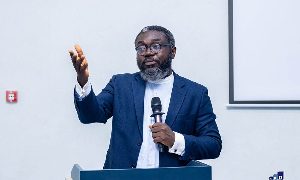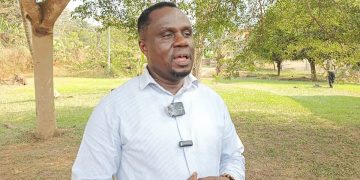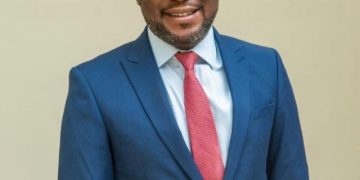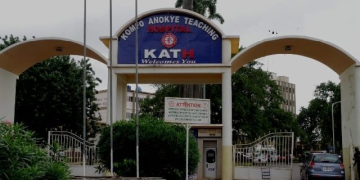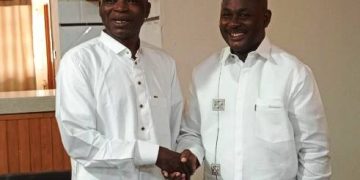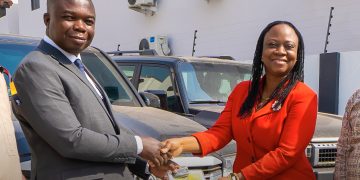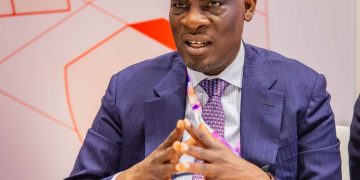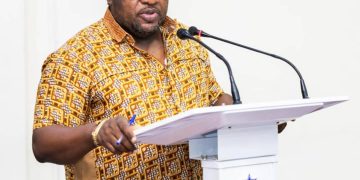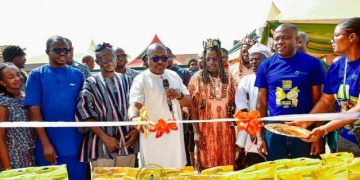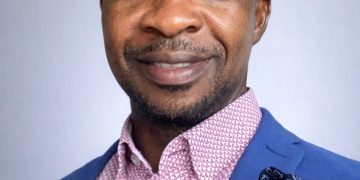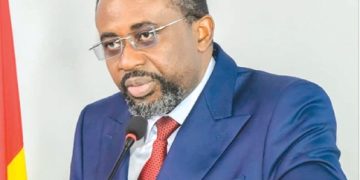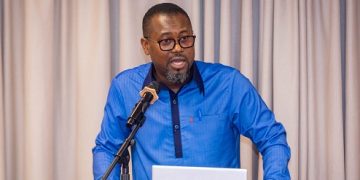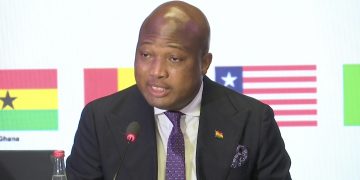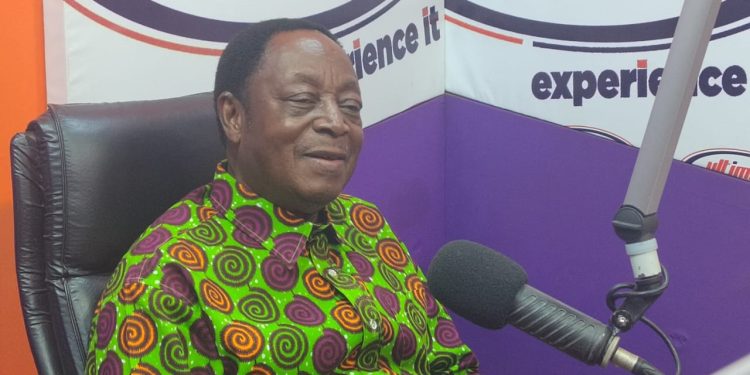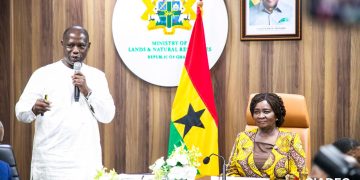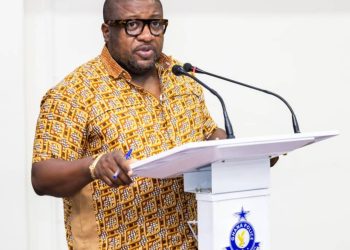Former Finance Minister Dr. Kwabena Duffuor has expressed strong reservations about the country’s current borrowing practices and fiscal management, calling for greater focus on the sources of debt accumulation and efficient use of borrowed funds.
Speaking on Ultimate FM in Kumasi, Dr. Duffuor analyzed the country’s economic trajectory, comparing the fiscal discipline of previous administrations to the current state of affairs.
According to the former Bank of Ghana governor, the debt crisis stemmed from a lack of attention to sustainable borrowing practices.
He criticized the issuance of commercial bonds by the government, stating that insufficient understanding of the terms and potential risks associated with such financial instruments has plunged the country into unnecessary fiscal stress.
“The debt issue came about because we did not focus on the source,” Dr. Duffuor stated. “We went deep into borrowing without fully understanding the implications. Instead of managing our national budget responsibly, we rushed to the commercial markets.”
Dr. Duffuor highlighted that the National Democratic Congress (NDC) administration, under which he served as Finance Minister, approached borrowing differently.
He said that borrowed funds were strategically invested in high-return projects that could generate revenue to service the debts. Citing examples, he noted that funds acquired during his tenure were used for initiatives that delivered measurable economic benefits, ensuring the sustainability of such loans.
He pointed out that, under the previous National Democratic Congress (NDC) administration, the debt-to-GDP ratio stood at 11% when the NDC took office. Over four years, the economy experienced significant growth, reaching a 15.5% annual growth rate—the highest ever recorded. This performance, according to him, demonstrated the careful balancing act between borrowing and economic productivity.
However, Dr. Duffuor lamented the current state of affairs, claiming that debt levels have skyrocketed without tangible returns on investment. “When the NDC left office, the debt-to-GDP ratio was around 11%. Now, we are looking at levels close to 22%,” he said, comparing the performance of successive administrations.
Dr. Duffuor also criticized the current government for prioritizing Eurobond borrowings, which he described as short-sighted. “Eurobond money is good, but it comes with significant pressure,” he noted.
He argued that the loans should have been channeled into projects that could generate revenue to service the debt.
Instead, funds were used in ways that did not yield adequate returns, creating additional fiscal burdens for future administrations.
He detailed the pitfalls of the current borrowing strategy, emphasizing that many of the loans have been structured in ways that defer principal payments while accumulating interest over time.
“We now face situations where we pay huge sums in interest, yet the borrowed money has not been invested in ways that pay for themselves,” he lamented.
He warned that the long-term effects of such fiscal mismanagement would weigh heavily on the country’s economy.
Dr. Duffuor concluded by calling on policymakers to adopt more prudent borrowing practices, stressing the need for transparency, accountability, and a commitment to investing borrowed funds in projects that can generate sustainable economic growth.
This discussion comes at a time when the government faces increased scrutiny over its fiscal policies, with many Ghanaians demanding accountability for the rising debt levels and their impact on living standards.
Dr. Duffuor’s remarks are likely to fuel the ongoing debate over the effectiveness of the government’s economic management strategies.
The former Bank of Ghana governor Dr. Kwabena Duffour who is in Kumasi to campaign for the NDC called on Ghanians to vote for the National Democratitic Congress (NDC) Flagbearer John Dramani Mahama to reset the country’s economic to create financial independent for the citizenly.
Source: www.kumasimail.com



